With an announcement on the Linux Weekly News site on Tuesday, the Ada Initiative will be tying up the loose ends and wrapping up their work in October.
“It is with mixed feelings that we announce that the Ada Initiative will be shutting down in approximately mid-October,” the statement said. “We are proud of what we accomplished with the support of many thousands of volunteers, sponsors, and donors, and we expect all of our programs to continue on in some form without the Ada Initiative. Thank you for your incredible work and support!”
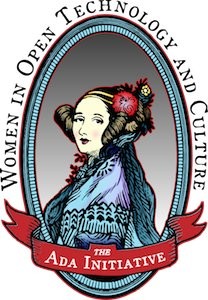
The statement explains: “That brought us to a decision point. It would have been unreasonable to expect Valerie (Aurora, a co-founder) and Mary (Gardiner, a co-founder) to continue with the Ada Initiative forever. We considered running a second ED search, but it had become clear to the board that the success of the Ada Initiative was very much a product of its two founders, and was a direct result of their experiences, skills, strengths and passions. We felt the likelihood of finding a new ED who could effectively fit into Valerie’s shoes was low. We also considered several other options for continuing the organization, including changing its programs, or becoming volunteer-only.”

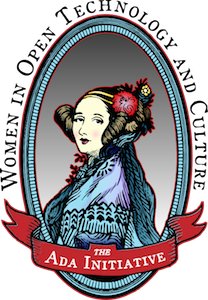
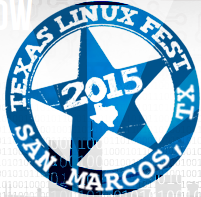


 Claude and Jane are good folks. Both in their mid 70s. They live on their combined retirement funds and spend their time keeping busy with kids, grandkids, and from what I hear, a great-grandchild in a matter of months. They come over for coffee or tea at times, and we always see them at community center events. They are not well off by any standard, but they do okay…until last Saturday.
Claude and Jane are good folks. Both in their mid 70s. They live on their combined retirement funds and spend their time keeping busy with kids, grandkids, and from what I hear, a great-grandchild in a matter of months. They come over for coffee or tea at times, and we always see them at community center events. They are not well off by any standard, but they do okay…until last Saturday. OSCON wraps up, as it always does, with its closing remarks, a short talk — this year by Simon Wardley on “Situation normal, everything must change” — and the annually awaited O’Reilly Open Source Awards, which had five winners this year.
OSCON wraps up, as it always does, with its closing remarks, a short talk — this year by Simon Wardley on “Situation normal, everything must change” — and the annually awaited O’Reilly Open Source Awards, which had five winners this year. 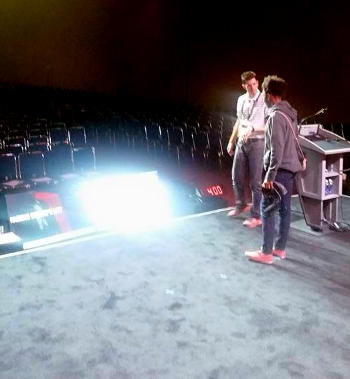

 While Larry’s been keeping an eye on things at the self-proclaimed most-important-open-source-conference-in-the-multiverse, I’ve been keeping an eye on the happenings in the FOSS world elsewhere. In the process, I’ve managed to make Larry part of this Week in Review.
While Larry’s been keeping an eye on things at the self-proclaimed most-important-open-source-conference-in-the-multiverse, I’ve been keeping an eye on the happenings in the FOSS world elsewhere. In the process, I’ve managed to make Larry part of this Week in Review.


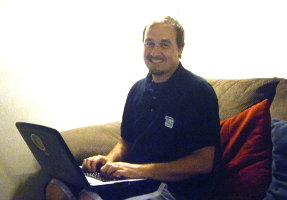
 What drives a person to do this? That whole “making my computer do what I want it to do” thing; how does a person even get their head around that in the first place? What was the specific moment in time when a person says, “I want to write software to make my computer do what I want it to do”?
What drives a person to do this? That whole “making my computer do what I want it to do” thing; how does a person even get their head around that in the first place? What was the specific moment in time when a person says, “I want to write software to make my computer do what I want it to do”?